Top AI ETFs: Why Vanguard's Information Technology ETF Stands Out Over ARKQ
AI Investing: Gain Exposure with the Right ETFs
Artificial intelligence (AI) has quickly evolved from a trend to a foundational technology driving innovation across industries. Major companies are investing heavily in AI to secure a competitive edge, turning it into what could soon be a trillion-dollar industry. Investors are, naturally, keen to participate in this growth but face the challenge of choosing the right way to do so while maintaining a diversified portfolio.
The Case for AI ETFs
Rather than picking individual AI stocks—which can be risky and lead to overconcentration—investors can consider exchange-traded funds (ETFs) that focus on AI and technology. AI-focused ETFs provide broad exposure across multiple companies involved in AI, from established tech giants to innovators, making it easier to benefit from the sector's growth without excessive risk.
Vanguard Information Technology ETF: Diversified Growth
The [Vanguard Information Technology ETF (VGT)] is a popular choice for gaining exposure to the broader technology sector, including many companies leading in AI. Vanguard is known for its suite of around 80 passively managed ETFs, which means they track a market index instead of being managed by stock-picking professionals.
This passively managed approach brings several advantages:
- Diversification: VGT tracks the MSCI US Investable Market Information Technology 25/50 Index, comprised of over 300 companies ranging from small to large caps. The fund's largest holdings—Apple, Microsoft, and Nvidia—make up nearly half of its portfolio, but the sheer number of stocks minimizes the impact of any single company's underperformance.
- Low Fees: With an expense ratio of just 0.09%, VGT is much cheaper than actively managed funds, especially considering the industry average is 0.92%.
- Strong Historical Performance: Thanks to robust sector growth, VGT has delivered impressive 10-year annualized returns of about 19.8%, making it Vanguard's top-performing ETF over the last decade. As AI continues to transform industries, VGT stands well-positioned for future gains.
ARKQ: Higher Risk from Lower Diversification
The [ARK Invest Autonomous Tech and Robotics ETF (ARKQ)] also taps into the AI and tech boom but with a notably higher risk profile. It holds just 37 stocks, which means the poor performance of a few companies can significantly impact the fund's returns.
Key differences with ARKQ:
- Less Diversification: A smaller pool of holdings makes ARKQ more volatile during market downturns.
- Focus on Growth and Emerging Stocks: ARKQ emphasizes up-and-coming companies like Tesla, Kratos Defense & Security, and Palantir Technologies. These stocks tend to have higher valuations, making them susceptible to bigger price swings if earnings disappoint or markets shift.
- Risk vs. Reward: While both ETFs focus on technology and AI growth, ARKQ’s concentrated, growth-oriented approach can lead to sharper declines compared to more broadly diversified funds, especially in weak markets.
Which ETF Should You Choose for AI Exposure?
Both VGT and ARKQ give investors access to AI’s long-term potential, but with different levels of risk. VGT’s wide diversification, lower fees, and proven leaders make it a more balanced and historically rewarding choice, especially for investors wary of market volatility. If you want to invest in the future of AI without overexposing your portfolio, the Vanguard Information Technology ETF is a smart, accessible option.
This content is for informational purposes only and does not constitute financial advice.

